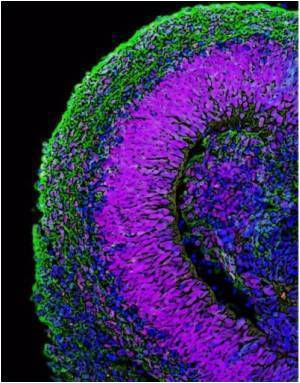Contrary to what was once believed, there is a difference in the way each cell responds to stimulus, concludes a recent study.

"Think of cells as musicians in a jazz band," said Dr. Markus Covert, assistant professor of bioengineering and senior author of the study.
"One little trumpet starts to play, and the cells go off on their own riffs. One plays off of the other," he added.
The new study has used an imaging system developed at Stanford University based on microfluidics.
"While the outcome of activation may be the same, the process the cells use to achieve this outcome is very different," wrote the study authors.
"Population studies have not revealed the intricate network of information one observes at the single cell level," they added.
Advertisement
"It sends us back to the drawing board to figure out what is really going on in cells," he added.
Advertisement
"We used a microfluidics platform that could maintain and monitor cell cultures 96 at a time. I was doing one at a time before that. Over a one-year period, we were able to study, with unprecedented detail, how 5,000 cells responded to signals. This took us to a totally new dimension," he added.
"What we found is that some cells receive the signal and activate, and some don't," said Dr. Savas Tay, co-first author of the study.
In the images, the scientists could see that the cells responded in various ways, with different timing and number of oscillations, yet their primary response, in many respects, was equal.
"Previously, we used to see the cell as a messy blob of biological material, yet there is great engineering down there. We needed to use mathematical modeling to understand what is going on," said Tay.
"The cells were doing totally different things and we've been totally missing it," said Covert.
"By observing thousands of individual cells, we were able to characterize with unprecedented detail how the cells interpret varying intensities of an external stimulus," added Hughey.
Source-ANI









